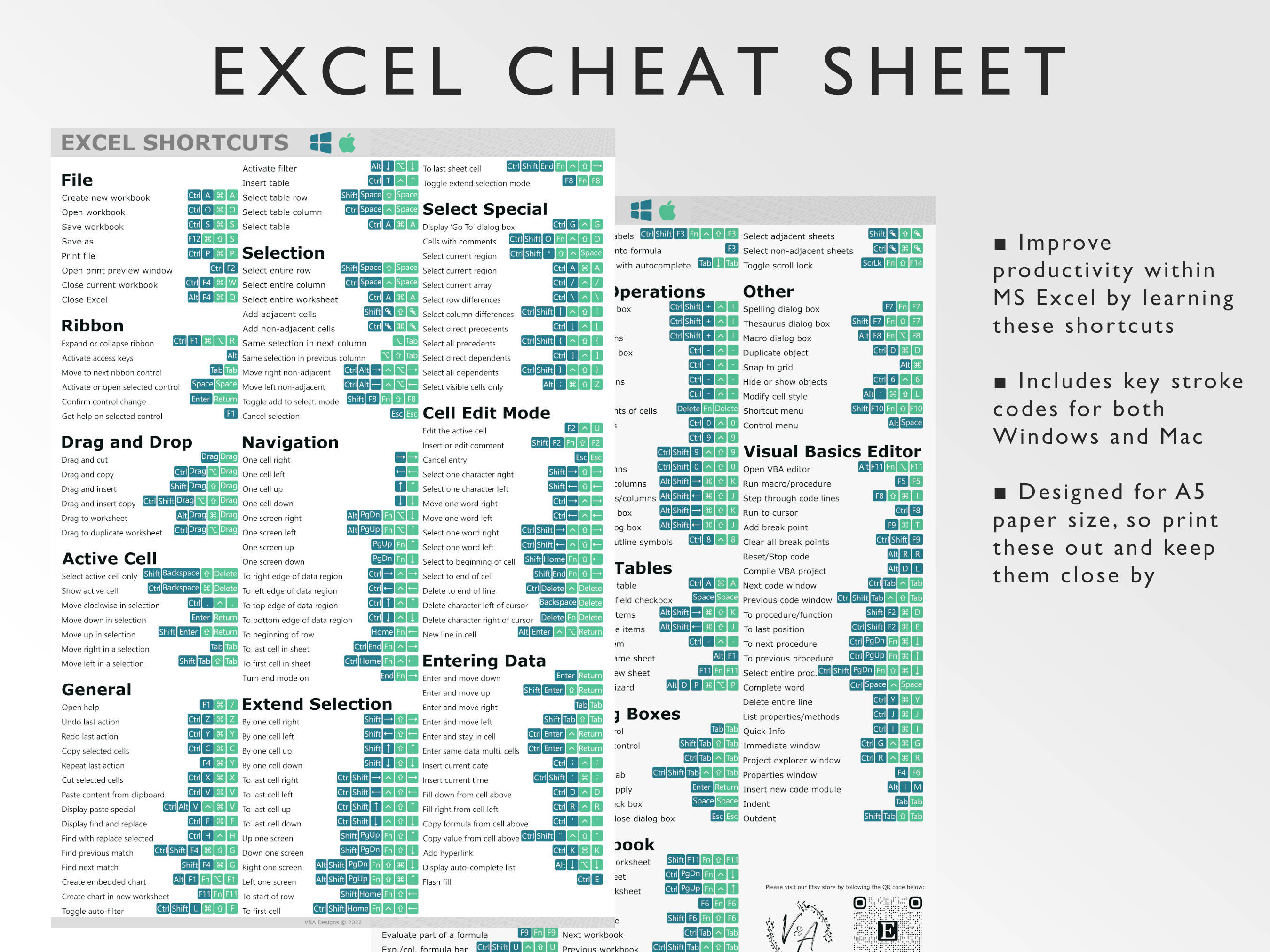How to Create an Excel Sheet with Pictures

In the digital age, where data visualization and presentation matter as much as the data itself, incorporating pictures into your Excel spreadsheets can significantly enhance comprehension and engagement. Whether you're compiling a product catalog, creating an employee directory, or simply want to add a visual element to your data, Excel allows you to merge images with your tabular information effortlessly.
Why Add Pictures to Excel Sheets?

Before diving into the steps, let’s understand why images can be beneficial:
- Visual Appeal: A picture is worth a thousand words. It can make your spreadsheets visually appealing and more engaging for your audience.
- Data Contextualization: Images provide context, helping viewers quickly grasp the essence of the data or content.
- Recognition: For tasks like product lists or employee directories, images can help in quick identification.
How to Insert Images in Excel

The process of inserting pictures into Excel is straightforward, but let’s break it down step-by-step:
Step 1: Organize Your Data

Ensure your Excel sheet has a structured format where each row represents a unique record or item. This makes associating images with corresponding data straightforward:
- Create columns with headers like ‘Name’, ‘Description’, ‘Price’, etc.
- Leave an empty column where you plan to insert images.
Step 2: Insert Images

To insert images:
- Go to the “Insert” tab in the Ribbon.
- Click on “Pictures” to insert from your computer, or use “Online Pictures” for images from the internet.
- Navigate to the picture and insert it. It will appear floating over your data.
- Right-click on the image and choose “Format Picture”.
- In the “Properties” tab, select “Move and size with cells” for the image to be locked to specific cells.
| Action | Step | Result |
|---|---|---|
| Insert Picture | Insert tab > Pictures | Image inserted into the sheet |
| Resize Image | Click and drag handles on the image | Image fits desired cell size |

Step 3: Align and Resize

Proper alignment and resizing ensure your images look neat:
- Adjust the size of the image to fit the intended cell or row height/width.
- To align, drag the image to the center of the cell or use alignment tools available under the “Format” tab.
Step 4: Saving Images as Part of Excel Data

To ensure the images stay with the data, you can:
- Camera Tool: Excel’s Camera tool can capture a range of cells including images and paste them as a single image, making the data and image one cohesive unit.
- VBA Script: Advanced users can use VBA to embed images directly into cells, ensuring they move with the data.
⚠️ Note: Using the Camera tool or VBA requires basic to intermediate Excel skills.
Tips for Working with Images in Excel

- Use High-Quality Images: Ensure images are of high resolution to avoid pixelation when zoomed in or printed.
- Maintain Aspect Ratios: Hold Shift while resizing to keep the original shape of the image.
- Consider Accessibility: Include alt text for images to ensure your spreadsheet is accessible to those using screen readers.
By incorporating images into your Excel sheets, you transform your data into an interactive and visually appealing presentation. This not only aids in better understanding but also makes the interaction with your data more engaging.
Can Excel handle high-resolution images?

+
Excel can certainly handle high-resolution images. However, larger images increase the file size, which might slow down processing, particularly if you have many images or a large dataset.
How can I make images move with cells in Excel?

+
Right-click the image, select “Format Picture,” then under “Properties,” choose “Move and size with cells.” This ensures that when cells move, the images follow.
What are the limitations of using images in Excel?

+
The main limitations include increased file size, potential slowdown in spreadsheet performance with many images, and issues with sorting data when images are involved.



